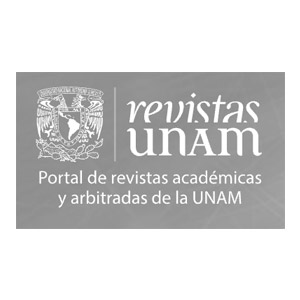Regulating Mexican Biobanks for Human Biomedical Research: What Can Be Learned from the European Experience?
Biobanking presents significant governance challenges. This is especially evident in Mexico, where the legal framework has not kept up with significant industry expansion. Twenty years ago, Europe was in a similar position. More recently, Europe has developed a comprehensive framework for addressing biobank expansion within ever-growing scientific and biomedical research communities. Based on this experience, we can draw many lessons, including those involving the implementation of laws, procedures and stakeholders’ consensus to ethically maximize the potential of samples. Mexican biobanking raises many issues, requiring solutions that are sensitive to its own particular needs. This article analyses the flaws of current biobanking regulations in Mexico by drawing comparisons with Europe. It pays special attention to informed consent; sample/data sharing systems; ethical tissue treatment and classification; governance models; best practices and the role of ethics committees. It argues that several European provisions regarding data protection and sharing can serve as guidelines for international research collaboration currently taking place between Mexico and Europe.





























